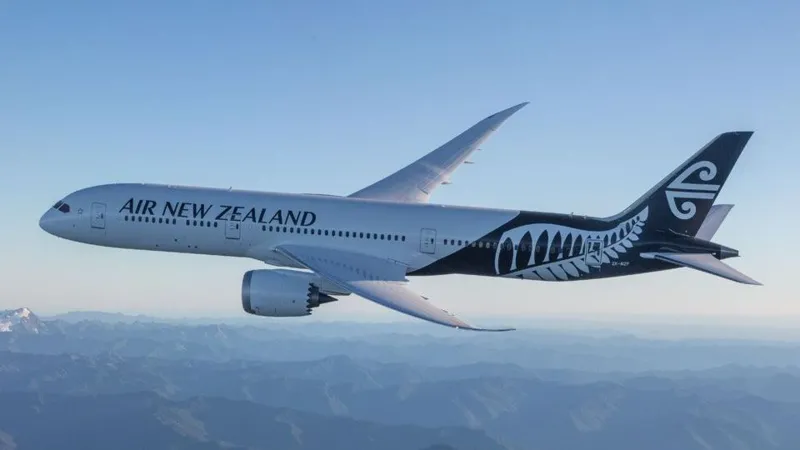It is now the first significant carrier to retreat from a climate target of this kind.
The airline also stated that it is dedicated to the industry-wide objective of reaching net zero emissions by 2050 and is now developing a new short-term target.
Airlines have been attempting to lower their carbon dioxide emissions, which are estimated to account for 2% of world emissions, by replacing outdated aircraft and utilizing fuel derived from renewable sources.
It has also become clear in recent months—and especially in the last few weeks—that any delays to our fleet renewal plan offer an additional risk.
Greg Foran, the CEO of Air New Zealand, stated in the statement.
Air New Zealand set a 2030 goal to reduce its emissions by about 29% in 2022.
Compared to the worldwide aviation industry’s 5% reduction target for the same period, it was far more aggressive.
Airlines have had difficulty acquiring adequate Sustainable Aviation Fuels (SAF), despite the fact that SAF is a crucial component of the industry’s plan to reduce emissions.
Ellis Taylor of the aviation analytics company Cirium stated, “The price of [SAF] is more expensive than traditional fuels, and there is not enough capacity to produce that at scale.”







